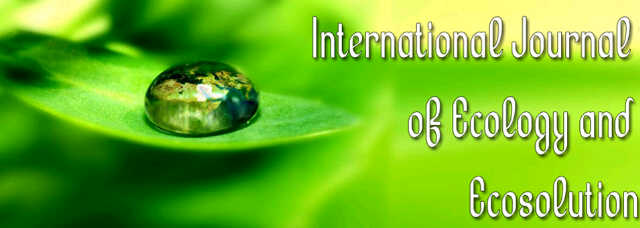Strategies to reduce methane emission in ruminants
Tewodros Alemneh and Mebrate GetabalewInternational Journal of Ecology and Ecosolution
Published: July 19 2019
Volume 6, Issue 2
Pages 16-22
Abstract
In this review, different approaches towards mitigation or reduction strategies of methane (CH4) in ruminant animals are discussed. It is well documented fact that methane is one of the greenhouse gases with the potential to increase global warming. Ruminal fermentation is the major contributor to methane emission. Therefore, strategies to reduce methane output from livestock are required for ecological balance. Several strategies such as vaccination, enzyme inhibitors and phages; feed supplements, animal breeding, processing of feeds, altering the type of ration, defaunation, supplementation of fatty acids and organic acids, halogenated methane analogues, ionophores, microbial feed additives, non-ionic surfactants and sulphates are implemented. Numerous studies have been completed on use of plant secondary metabolites (PSM) in substitute for chemical feed additives because some of them modify rumen fermentation and reduce CH4 production. Similarly, methane reduction can be performed from the manure of ruminant livestock. In general, methane emission from ruminants reduces the efficiency of nutrient utilization. Therefore, manipulation of rumen microbial ecosystem for reducing methane emission by ruminants to improve their performance is one of the most important goals for animal nutritionists. Reduction in methane emission from ruminants enhances the efficiency of nutrient utilization and increases productivity and also reduces methane impact on global warming.
Keywords: Methane, mitigation, plant secondary metabolites, ruminants, ecosystem, global warming.
Full Text PDF
